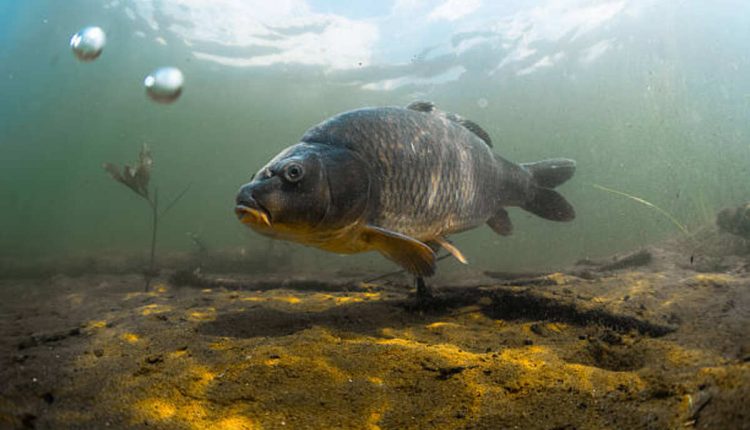What is a River Bottom?
A river bottom is the land along a river. It is a rich soil with great potential for the growth of crops and natural resources.
River bottom deer hunting is unique in that you don’t have conventional ridgetops, saddles, or benches to influence deer movement as much. That said, there are still plenty of places to find quality bucks in these areas.
Floating the River
Floating the river is a quintessential summer activity that brings people together for a relaxing experience. The activity consists of floating down a river with an inner tube. While the specific rules vary from place to place, the basics are the same: an inner tube, friends and family, and cold drinks. The activity is popular in the western United States, but it can also be found in other parts of the country.
The best way to plan a float is through a local rafting outfitter. They can take care of all your needs, including a shuttle to and from the river and a campground for a final night if desired. Choosing the right outfit depends on your preferences and the type of river you are planning to float.
To prepare for a float, you will need to obtain a life jacket. Although many outfitters offer them for rent, it’s a good idea to bring your own for comfort and safety. You will also want to get a first aid kit, a dry bag for electronics and car keys, and plenty of water and snacks.
The most important thing to remember when floating is to keep your feet up and not down. This will prevent you from being sucked under the river bottom, which can cause serious injury. Also, make sure to wear a hat and sunglasses for protection from the sun.
Fishing
River bottoms are essential habitats for fish and other species that spawn or feed there. They are also crucial for the placement of structures such as pipelines and cables that need to be buried. Moreover, river bottoms contain the remains of many shipwrecks that have historical value. Various state and federal laws help protect these river-bottom habitats.
The Wagenya people in the Democratic Republic of Congo use large baskets that they lower into the river to “sieve” the water for fish. They pull out the baskets twice a day to check whether they have caught anything. This form of fishing is very selective, as only the largest-size fish are caught. The villagers also see insects and slugs in the baskets.
Deer hunters often hunt in river bottom country because it provides access to a lot of deer stands. However, this type of hunting can be complex because it requires a lot of walking through the woods. Moreover, it is often difficult to find the right spot where there are enough trees for a deer stand.
Scientists have used sediment sample data to map the physical environment of the river bottom. They also analyzed the sediment samples for radioisotopes to determine their age. They have combined this information with acoustic imaging data to produce high-resolution maps of the river bottom.
Hunting
In the fall, deer often concentrate along river bottoms in search of soft mast such as berries, wild grapes, and other fruits. These lush areas also offer protection from cold winds and snow. These factors make them ideal hunting habitats.
In more open regions, these narrow corridors might house the only food and moisture available for miles. Deer will be drawn to these areas and use them as travel routes throughout the day. During the late muzzleloader and bow seasons, rutting bucks might be attracted to the gentle terrain of these rivers as yearling does come into estrous at the start of the secondary rut.
River bottoms can provide whitetail hunters with a unique hunting challenge, given their winding topography. To increase your chances of success, you should seek out and scout these areas before the season. During your scouting, please pay special attention to how the river flows and its winding patterns.
Look for river bottom areas with shallow drainages and ditches that serve as preferred crossing points. Also, consider how the river’s bends create funnels of dense timber where buck traffic is most likely to occur. Then, when it comes time to hunt, focus on these spots. Avoid scouting ridgetops, saddles, and benches, as these spots do not have the same influence on deer movement that you will find on a river bottom.

